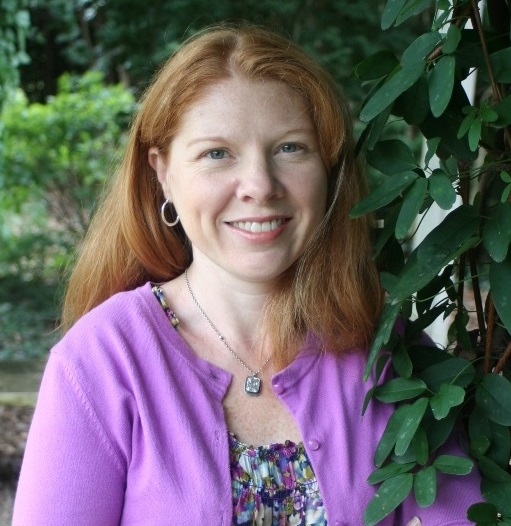From a Different Perspective
By Kristy Lee, Class of 2002
As part of my duties as a cancer and adult genetic counselor at UNC Chapel Hill, I participate in a multidisciplinary hemophilia clinic. UNC Chapel Hill is one of three Comprehensive Hemophilia Treatment Centers in North Carolina, which serves patients with hemophilia A and B, von Willebrand disease (VWD) and other rare bleeding disorders.
Participating in this clinic has afforded me many opportunities to interact with patients outside of the clinical setting. Last March, I had the pleasure of attending the 1st annual Hemophilia of NC Women’s Retreat at the luxurious Umstead Hotel and Spa in Cary, NC. This weekend was catered to women and their daughters who had a personal and/or family history of hemophilia, VWD or other bleeding disorders, and was offered free of charge to participants.
The weekend was packed full of educational seminars, one of which was given by Tamison Jewett, MD, as well as fun activities for them to relax, such as attending ―The Art of Bellydance. There were also several opportunities for support breakout sessions for women with bleeding disorders, women who were carriers of bleeding disorders and a separate group for teenagers.
My plan during this weekend was to learn more about what it was like to be a carrier or have a bleeding disorder; not to be seen as a healthcare professional. I had found while talking with women in clinic before this retreat that the text books too often downplay the significant medical issues and psychological and mental stress that these women go through. I wanted to get a more realistic perspective on how these diagnoses affected their daily lives. I tried to blend into the group by not offering that I was a genetic counselor. It was interesting to hear people share their stories, not with a healthcare professional, but with other women. I felt that I was able to get a more ―behind the scenes‖ view of their lives. Eventually, I did share that I was a genetic counselor. There was a question and answer session where there were questions about genetic testing and inheritance that I would have felt remised not answering, and I wanted the participants to know that they could trust my responses. The dynamic did change somewhat after they knew I was a genetic counselor. My conversations thereafter consisted more of women asking me questions specific to them and their families, but I too was able to learn a great deal from them.
This was truly a wonderful experience for me to gain more insight into the daily lives of a subset of my patients. I would encourage all of us to continue to take opportunities to learn more about our patients and their diseases from a different perspective.
